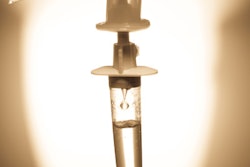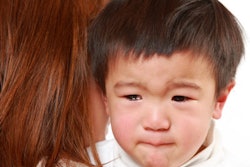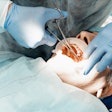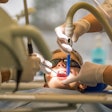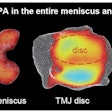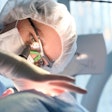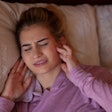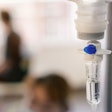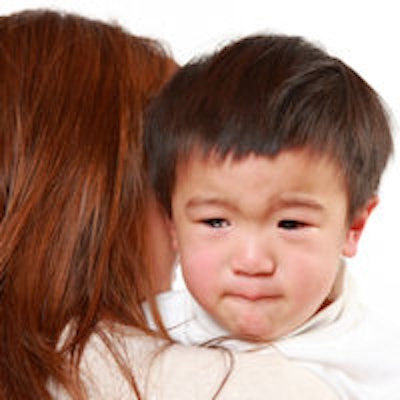
A dose of oral midazolam may be a useful treatment option for children with predental surgery anxiety, according to a recent study in the Journal of International Society of Preventive & Community Dentistry. Researchers found the drug helped children ease their parental separation anxiety and comply with an anesthetic mask.
 Hisham Yehia El Batawi, DDS, MDS, PhD.
Hisham Yehia El Batawi, DDS, MDS, PhD.As traditional techniques to treat children's anxieties before comprehensive medical and dental procedures have fallen out of favor, Hisham Yehia El Batawi, DDS, MDS, PhD, an assistant professor at the University of Sharjah College of Dentistry in Sharjah, United Arab Emirates, wanted to determine if midazolam (in a dose of 0.5 mg/kg) would be an effective treatment option.
"The time spent in the operating room holding area prior to surgery is often traumatic to children's psychology, especially for children who already suffer dental fear. This may contribute to extreme anxiety during the induction of anesthesia," Dr. El Batawi wrote (J Int Soc Prevent Communit Den, March-April 2015, Vol. 5:2, pp. 88-94). "The current study demonstrates that midazolam in a dose of 0.5 mg/kg is an effective adjunct in managing preoperative dental anxiety and in facilitating induction of general anesthesia."
Study results
The study included 78 children, ages 2.5 to 8.5, who were undergoing full dental rehabilitation with general anesthesia. The children were randomly assigned into two groups: half were given 0.5 mg/kg of oral midazolam half an hour before induction; half were given a placebo. The rest of the anesthetic procedure was the same for both groups, including inducting the children through a face mask with 8% sevoflurane in 100% oxygen.
| Study findings | |||
| Midazolam | Control group | Statistically significant? | |
| Parental separation anxiety scale | Yes | ||
| Acceptable separation | 26 children | 3 children | |
| Difficult separation | 13 children | 36 children | |
| Mask acceptance scale 1 (easy) to 3 (very difficult) |
1.7 | 2.2 | Yes |
| Pediatric anesthesia emergence delirium scale | No | ||
| Emergency delirium | 12 children | 16 children | |
| No emergence delirium | 27 children | 23 children | |
| Postanesthesia care unit time (average) | 83 minutes | 83.7 minutes | No |
Anxiety reduction
Parental separation scores were significantly lower for the intervention group than the control group. Two-thirds of children who took midazolam had an "acceptable separation" from their parents, compared with just three children (7.9%) in the placebo group.
Children who took midazolam before surgery were also more willing to accept the anesthesia mask, scoring just below average difficulty at 1.7. The control group scored just above average at 2.2.
However, midazolam did not significantly impact their emergence delirium or postanesthesia care unit time. Nor did it impact children differently depending on their age, weight, gender, or duration of anesthesia. Each group averaged 83 minutes of postanesthesia care unit time.
Dr. El Batawi also specifically noted that there is no optimal midazolam dosage that has been well-established in pediatric dentistry.
"Other studies demonstrated a better anxiolytic outcome with higher doses of midazolam up to 1.0 mg/kg," he wrote. "However, in the current study being done in a private hospital, a decision was made to adhere to midazolam manufacturer's recommended dose of 0.5 mg/kg."
Midazolam may be a useful adjunct in anxiety management for children experiencing pretreatment dental anxiety, Dr. El Batawi concluded, and he called on researchers to study new drugs that may also have a similar affect while also improving postoperative emergence delirium and reducing care unit time.




